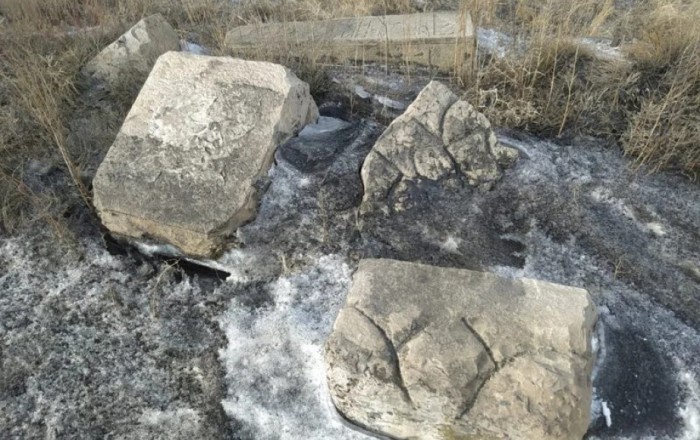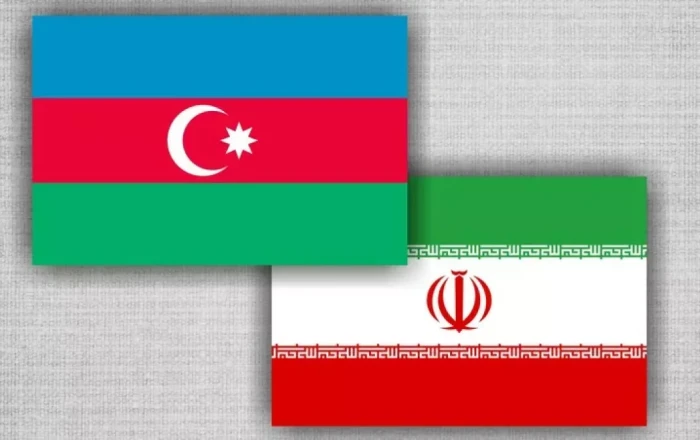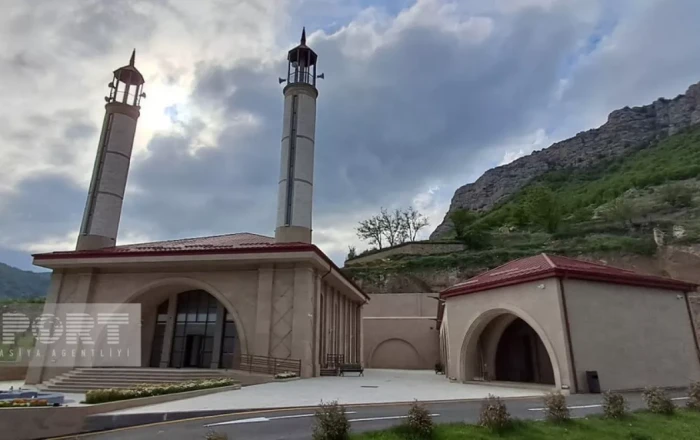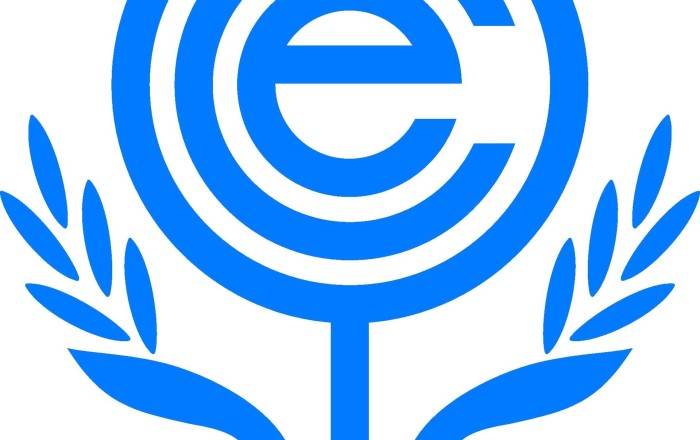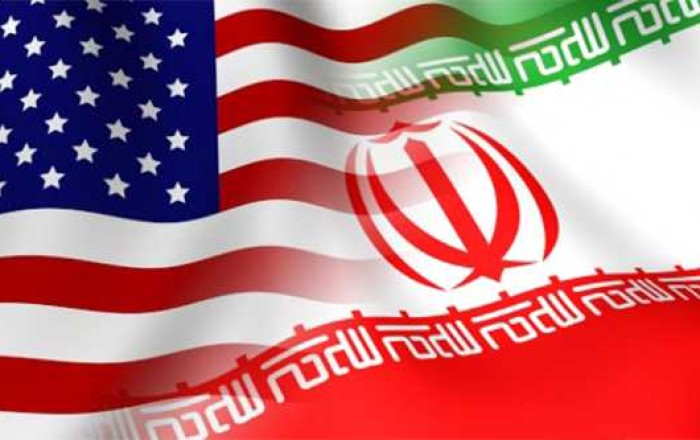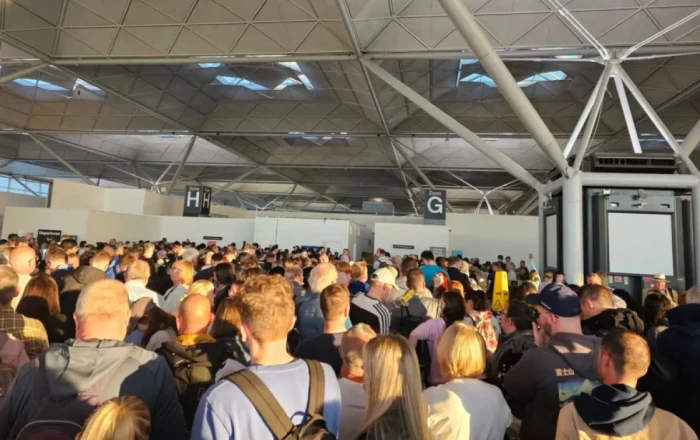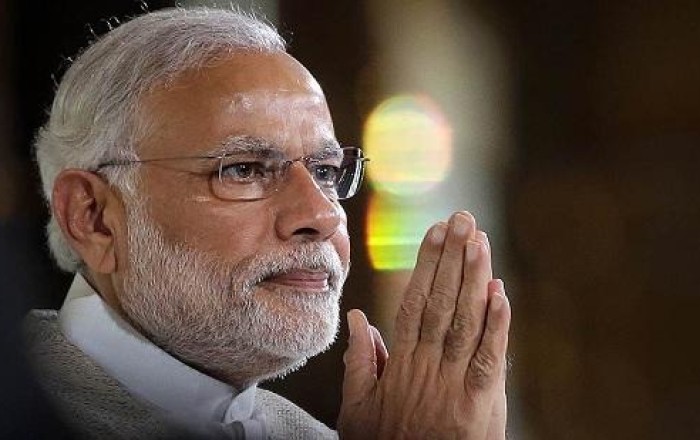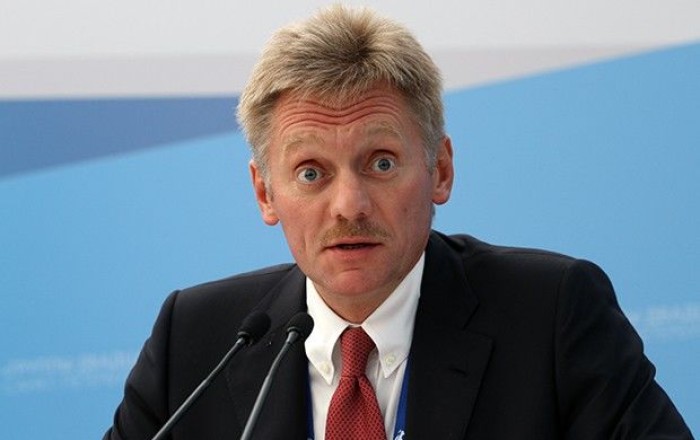The political landscape of the Greater Middle East is undergoing tectonic shifts, particularly regarding the long-standing confrontation between Kurdish terrorist groups and the Turkish state.
In late February 2025, Abdullah Öcalan, the leader of one of the world's most notorious terrorist organisations – the Kurdistan Workers' Party (PKK) – who is serving a life sentence on Imralı Island, called on his followers to disarm. Shortly afterward, PKK representatives expressed support for this call and announced a ceasefire. Just a few days ago, the PKK declared its dissolution after more than 40 years of armed conflict and terror against Türkiye. The decision was made at the 12th congress of the organisation, held from May 5 to 7. It was reported that the party would cease its activities under its current name, dismantle its organisational structures, and abandon armed struggle.

The PKK was founded in the 1970s by Öcalan and his supporters as a radical movement inspired by Kurdish nationalism and Marxism-Leninism. Becoming the main force in the struggle for the creation of "Kurdistan," the party began an armed confrontation with the Turkish state in 1984, a conflict that has since claimed tens of thousands of lives. The actions of the PKK led to its designation as a terrorist organisation not only in Turkey but also in the EU, the United States, NATO, and several other countries.
The prolonged conflict with the PKK remained one of Türkiye's primary internal threats for decades, putting pressure on its budget, security, and foreign policy. The dissolution of the party could mark a turning point, opening the way for stabilisation both within the country and in the region.
On the other hand, the current epochal changes are directly and primarily linked to the fall of Assad's regime in Syria, the rise to power of the opposition in the country with significant political and military support from Ankara, and the recognition of this status quo by much of the international community, including the United States. As a result, Ankara has greatly strengthened its position in the Middle East, and this development renders the continuation of the PKK's armed struggle against Türkiye futile.
It is also important to remember that Türkiye had previously conducted a series of military operations outside its borders, aiming to weaken the position of the YPG (the Syrian branch of the PKK), secure its own borders, and prevent the formation of an independent Kurdish zone of influence along its southern borders.
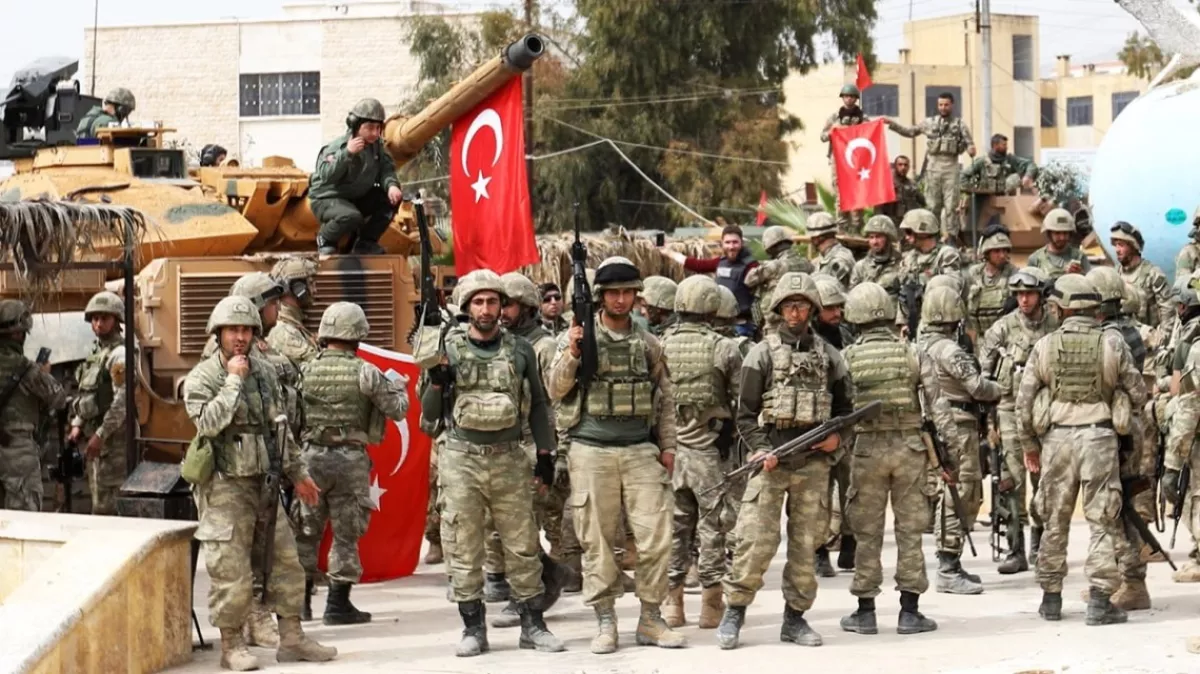
It is also important to note a certain evolution in Öcalan's views, whose quarter-century imprisonment has allowed him to read extensively and gain a deeper understanding of the nuances of international affairs. In his aforementioned February address, he accuses "capitalist modernity" of fueling the conflict between Turks and Kurds. He wrote that "the PKK played an important role in the Kurdish struggle for their rights, but the demands for independence and even autonomy are no longer relevant."
Despite the historic decision by the PKK to dissolve itself, the path to sustainable peace remains challenging. Türkiye insists on the complete dismantling of the terrorist group's military structure and demands mechanisms for reintegrating its members into society. Radical elements still remain within the organisation, capable of derailing agreements. The international context continues to be complex. The world's powers, though largely gritting their teeth, have accepted Türkiye's new status but will not miss the opportunity to deal painful blows through the same Kurdish groups.
Vigilance and flexibility from Turkish authorities are perhaps now the key characteristics required for the logical resolution of the Turkish state's number one terrorist problem.
Source: caliber.az



